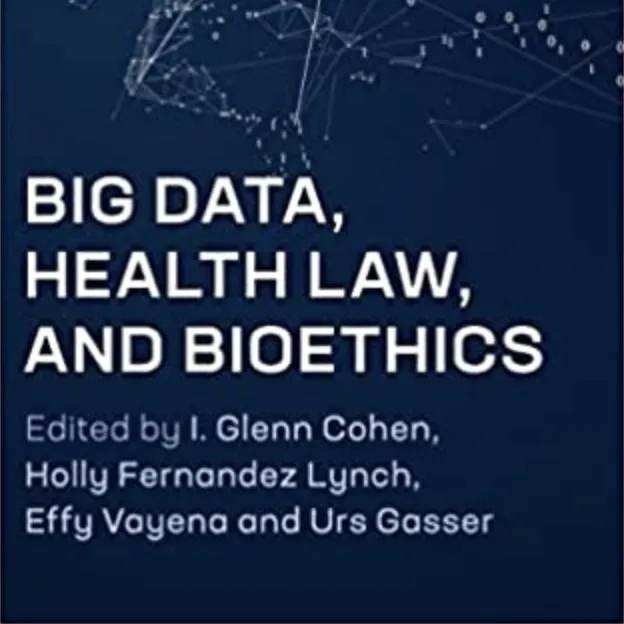edited by I. Glenn Cohen, Holly Fernandez Lynch, Effy Vayena and Urs Gasser, Cambridge University Press 2018
Will health big data be used for good, such as to improve drug safety, or ill, as in insurance discrimination? Will it disrupt health care (and the health care system) as we know it? Will it be possible to protect our health privacy? What barriers will there be to collecting and utilizing health big data? What role should law play, and what ethical concerns may arise?
This timely, groundbreaking volume explores these questions and more from a variety of perspectives, examining how law promotes or discourages the use of big data in the health care sphere, and also what we can learn from other sectors.

